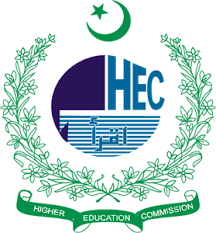Exploring Prophetic Pedagogies through English Writings: An Analytical Review of Muslim and Non-Muslim Western Contributions
Keywords:
Prophetic Pedagogy, Islamic Education, Prophet Muhammad (PBUH), Muslim Scholarship, Western Scholarship, Comparative Analysis, Educational Philosophy, Moral Education, Cross-Cultural StudiesAbstract
This paper explores the evolving discourse on Prophetic Pedagogies—the educational methods and moral frameworks derived from the teachings and practices of Prophet Muhammad (PBUH)—through the lens of English-language writings by both Muslim and non-Muslim scholars. The study analytically reviews key contributions that examine the Prophet’s role as a teacher, reformer, and moral guide, situating his pedagogical principles within modern educational paradigms. By comparing Muslim perspectives that emphasize spiritual, ethical, and holistic dimensions of education with non-Muslim analyses often grounded in historical, sociological, okr comparative frameworks, the paper highlights the intersections and divergences in interpretation. The research underscores how contemporary Western academic discourse, when engaging with Islamic educational heritage, provides both opportunities for cross-cultural understanding and challenges of contextual misrepresentation. Ultimately, this analytical review contributes to a nuanced understanding of Prophetic Pedagogy as a timeless and globally relevant educational model.









